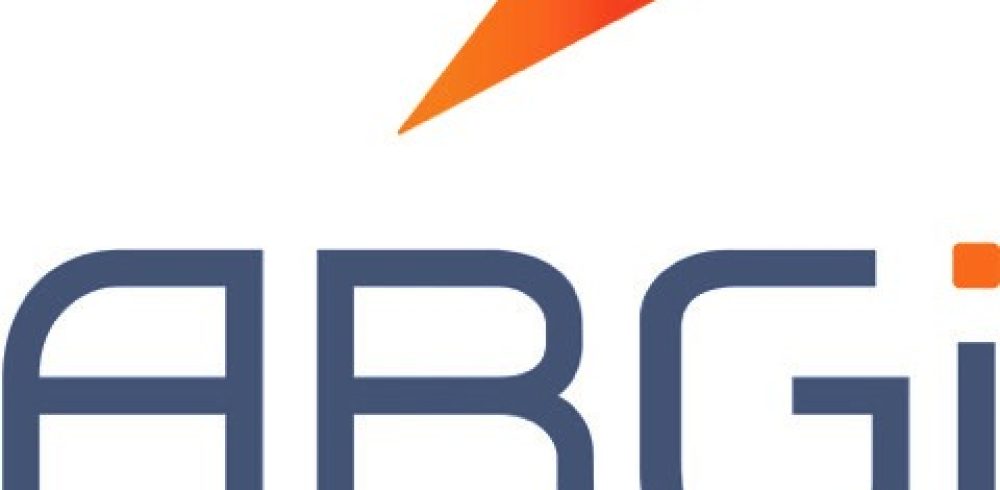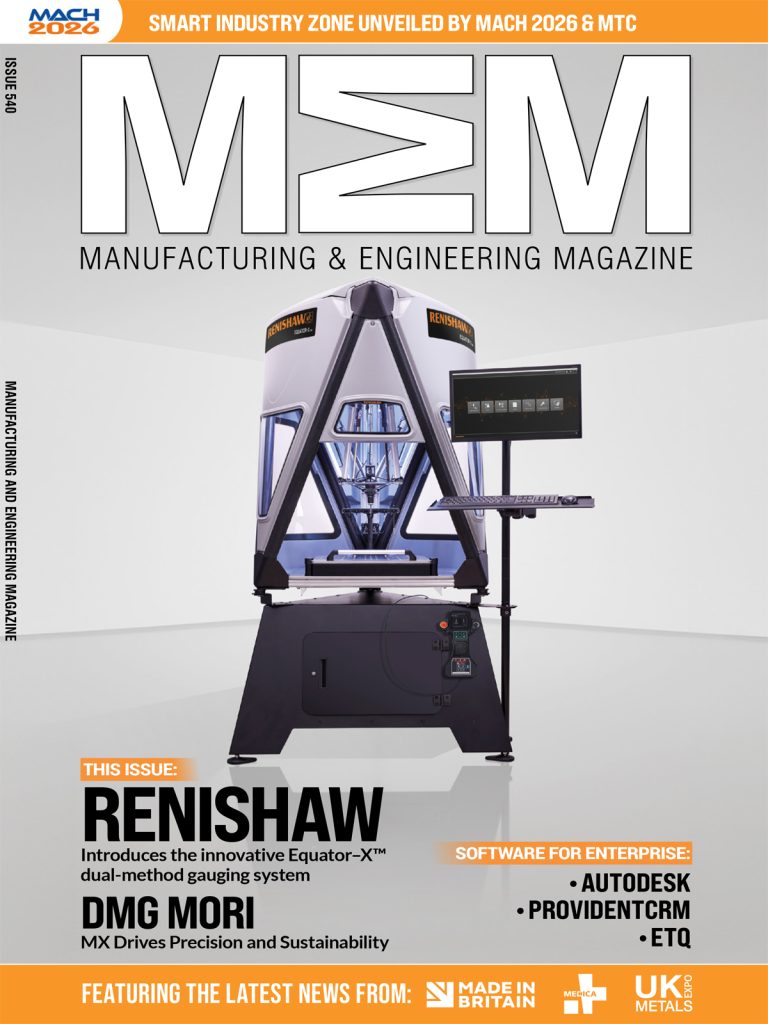Investment to promote greater competitiveness is more critical than ever as we emerge from lockdown and embrace economic recovery. While funds will be tight, a focus on greater innovation will be essential for many businesses’ survival according to Sandy Findlay, Partnership Director at ABGI UK.
As we emerge from the coronavirus lockdown, UK manufacturing will play a leading role in helping the nation’s economy recovery from the impact of the past four months. According to a survey by the industry trade body MakeUK, more than 80% of companies said their orders had more than halved during the lockdown. Over a third of UK manufacturers believe it will now take more than a year before their businesses return to normal trading.
These findings underline the major challenges going forward and they also highlight the need for manufacturing companies to invest in making their processes more innovative and competitive. But in such a tough economic environment where so many businesses have come under significant financial stress, how can they be expected to maintain momentum in their investment strategy?
The answer could lie in businesses adopting a strategy of smaller incremental investments and embracing the concept of continuous incremental improvements. This was the approach adopted by Sir Dave Brailsford whose ‘marginal gains’ philosophy helped transform Team Sky and British cycling. Marginal gains is about breaking down everything involved in a process – whether it’s riding a bike or manufacturing products – and improving each aspect by 1% to create a significant overall benefit.
Making small, incremental improvements often requires minimal investment which makes it an ideal strategy in this challenging environment. It can also determine whether a business will survive and thrive especially after the traumatic economic impact of lockdown.
Such examples from our own clients include:
- A company looking to reduce cycle times and wastage by investing in the automated lubrication of dies in the forging process;
- A company investing in developing and implementing an automated spraying line to improve the quality of finished products and reduce processing times;
- A company investing in new electronic feeder systems and spools to improve the efficiency of stock feed of fabric on to treatment lines and improve quality and consistency of finished product;
Incremental innovation projects such as these have resulted in lower, in some cases significantly lower, rework and maintenance costs, improved manufacturing throughput and reduced energy and water expenditure.
These projects have also been eligible for R&D tax relief, providing companies with extra funding to generate even further value and return from a modest investment in innovation.
Manufacturing & Engineering Magazine | The Home of Manufacturing Industry News













